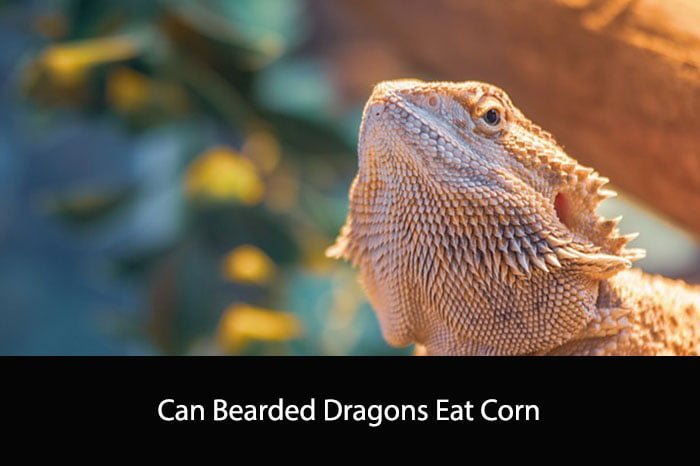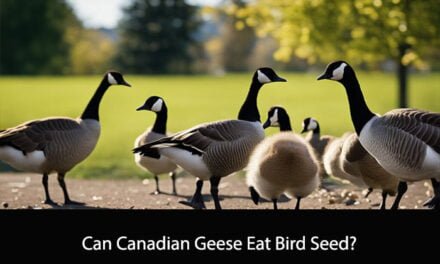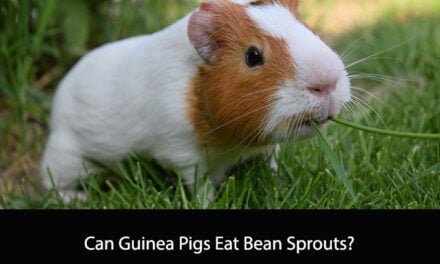Bearded dragons, scientifically known as Pogona vitticeps, are popular reptile pets known for their unique appearance and docile nature. These reptiles originate from the arid regions of Australia and have become increasingly popular in the world of exotic pet keeping. As responsible pet owners, it’s crucial to understand the dietary needs of bearded dragons to ensure their health and well-being. In this article, we will delve into the topic of whether bearded dragons can eat corn, exploring its nutritional value, potential risks, and alternative options for a balanced diet.

Understanding the Diet of Bearded Dragons
Bearded dragons are omnivorous creatures, meaning they consume both plant matter and small insects. In their natural habitat, their diet consists primarily of vegetation, including leafy greens, fruits, flowers, and occasional insects. Maintaining a balanced diet is essential to meet their nutritional requirements and promote optimal growth and development.
Can Bearded Dragons Eat Corn?
When it comes to corn, it’s important to exercise caution. While bearded dragons can technically consume small amounts of corn, it should not be a staple in their diet. Corn lacks certain essential nutrients that are crucial for the well-being of these reptiles. However, incorporating corn as an occasional treat can be permissible, but only if it is prepared and served correctly.
Nutritional Value of Corn for Bearded Dragons
Corn contains carbohydrates, fiber, and some vitamins and minerals. However, it is relatively low in the essential nutrients that bearded dragons require for their overall health. These reptiles primarily need a diet rich in leafy greens, such as collard greens, mustard greens, and dandelion greens, which offer a broader range of nutrients necessary for their growth and well-being.
Potential Risks and Considerations of Feeding Corn to Bearded Dragons
Feeding excessive amounts of corn to bearded dragons can lead to potential health issues. The high carbohydrate content in corn can contribute to weight gain and obesity in these reptiles. Moreover, the imbalanced nutrient profile of corn can negatively affect their overall health and lead to deficiencies if it becomes a significant portion of their diet.
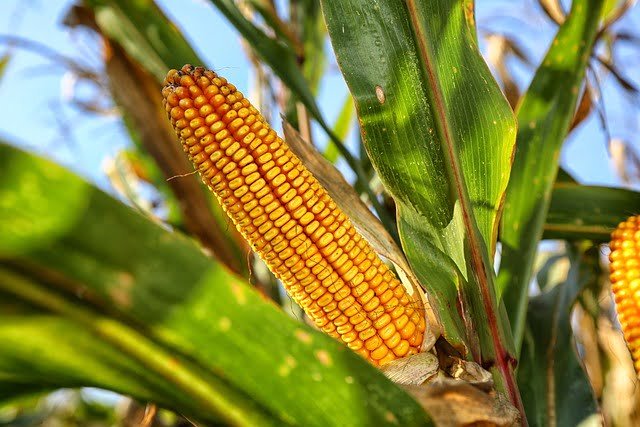
Alternatives to Corn for Bearded Dragons
To ensure a well-rounded diet, it is advisable to focus on providing a variety of vegetables and leafy greens. Some suitable alternatives to corn for bearded dragons include collard greens, kale, dandelion greens, butternut squash, and bell peppers. These options offer a more favorable nutrient profile and can better meet the dietary needs of your bearded dragon.
Creating a Balanced Diet for Your Bearded Dragon
To create a balanced diet for your bearded dragon, aim for a mix of 80% plant matter and 20% animal protein. This can include a combination of leafy greens, vegetables, fruits (in moderation), and small insects such as crickets or mealworms. Providing a diverse range of foods ensures that your bearded dragon receives all the necessary nutrients for optimal health.
How to Properly Prepare and Serve Corn for Bearded Dragons
If you decide to offer corn to your bearded dragon as an occasional treat, it’s important to prepare and serve it correctly. Firstly, ensure that the corn is fresh and free from any seasonings or additives. Steam or boil the corn to make it softer and easier to digest. Cut the corn into small, manageable pieces to minimize the risk of choking, and remove the husk before serving it to your reptile companion.
Common Mistakes to Avoid When Feeding Corn to Bearded Dragons
One common mistake to avoid when feeding corn to bearded dragons is overfeeding. Remember, corn should be offered as an occasional treat, not a regular part of their diet. Additionally, always ensure that the corn is fresh, cooked properly, and served in small, appropriate portions. Monitoring your bearded dragon’s response to corn consumption is also crucial, as individual reptiles may have different tolerances and preferences.
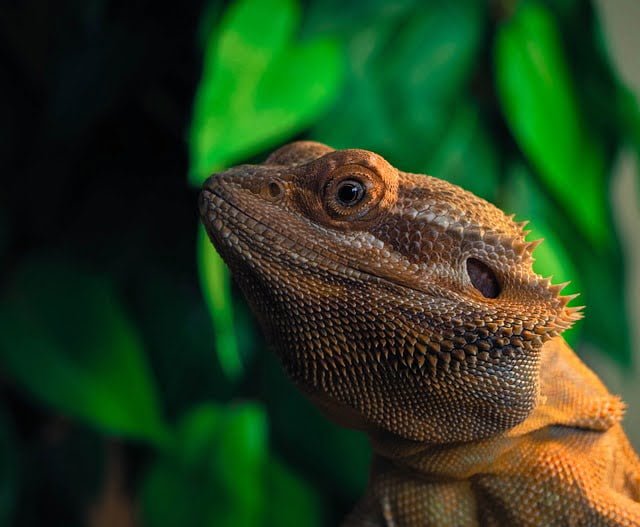
Conclusion and Final Thoughts
In conclusion, while bearded dragons can eat corn in small amounts as an occasional treat, it should not be a significant part of their regular diet. The nutritional value of corn is limited compared to the essential nutrients they require. Instead, focus on providing a diverse range of vegetables, leafy greens, and small insects to ensure a balanced and nutritious diet for your bearded dragon. By understanding their dietary needs and making informed choices, you can contribute to their overall well-being and longevity as a cherished pet.

